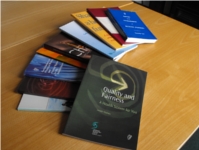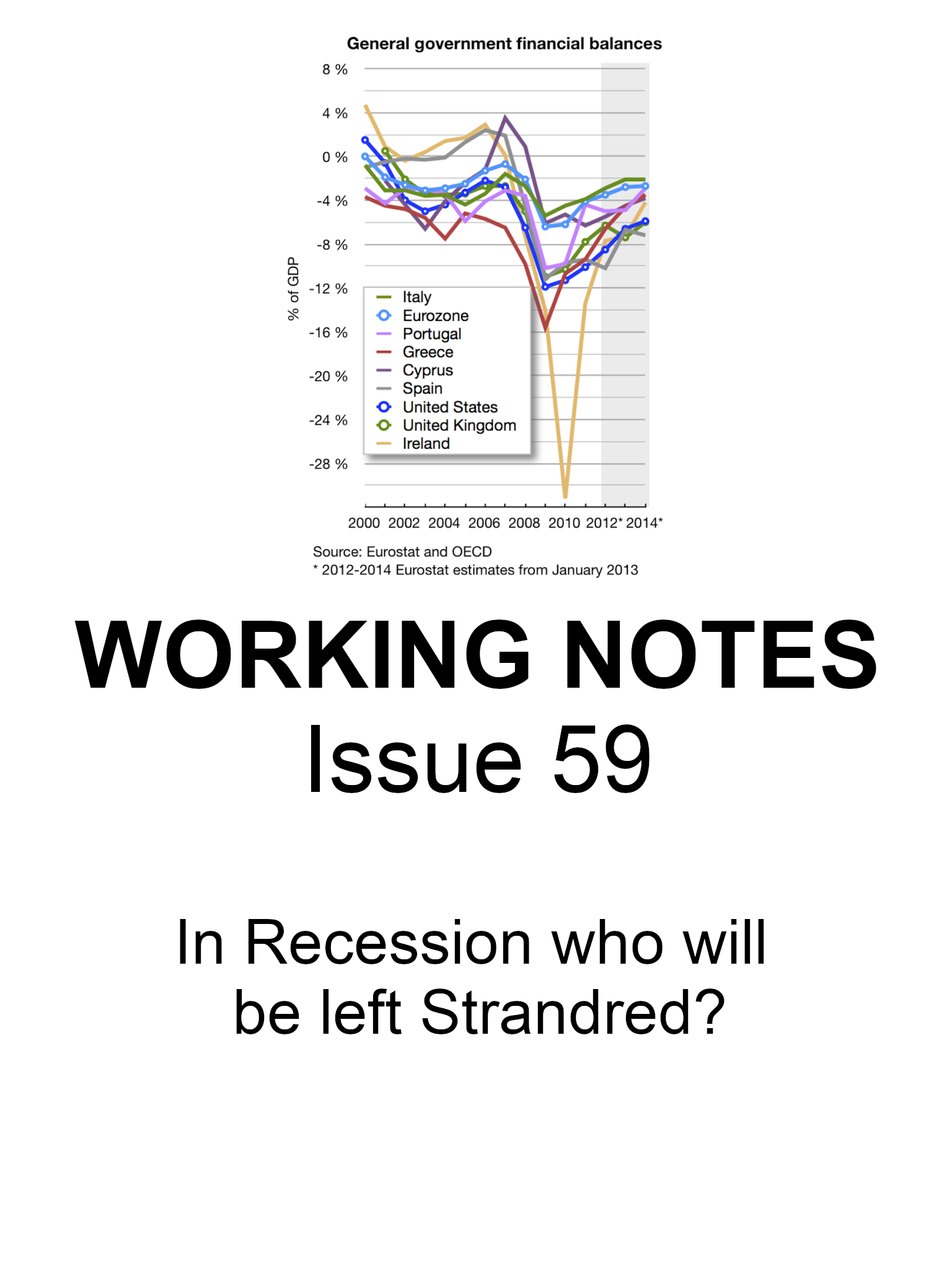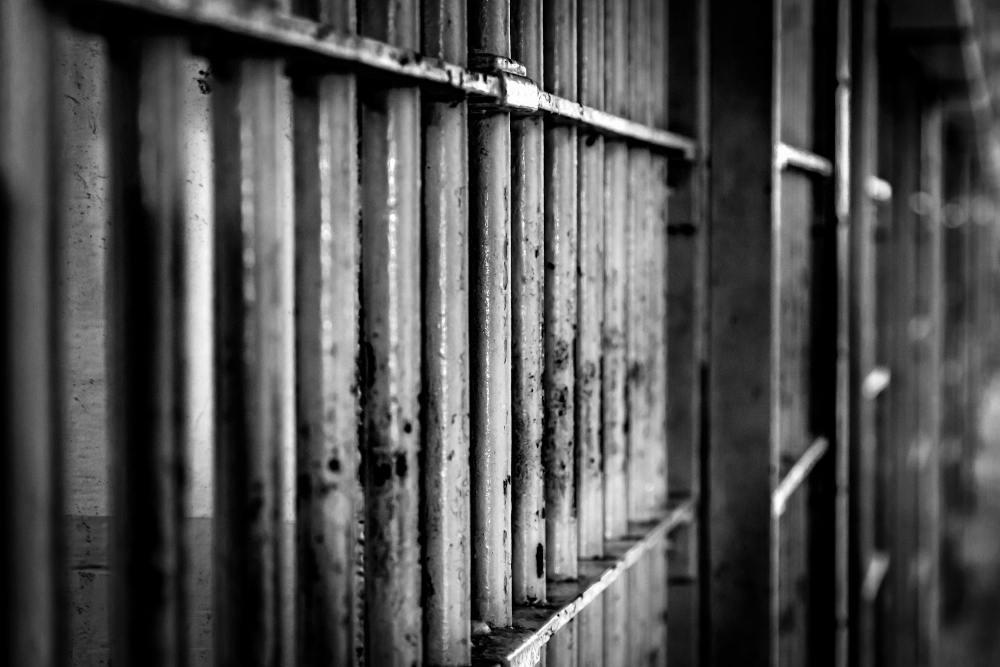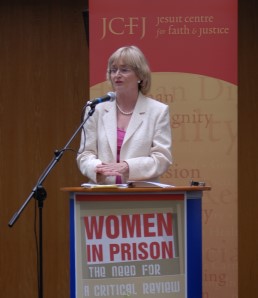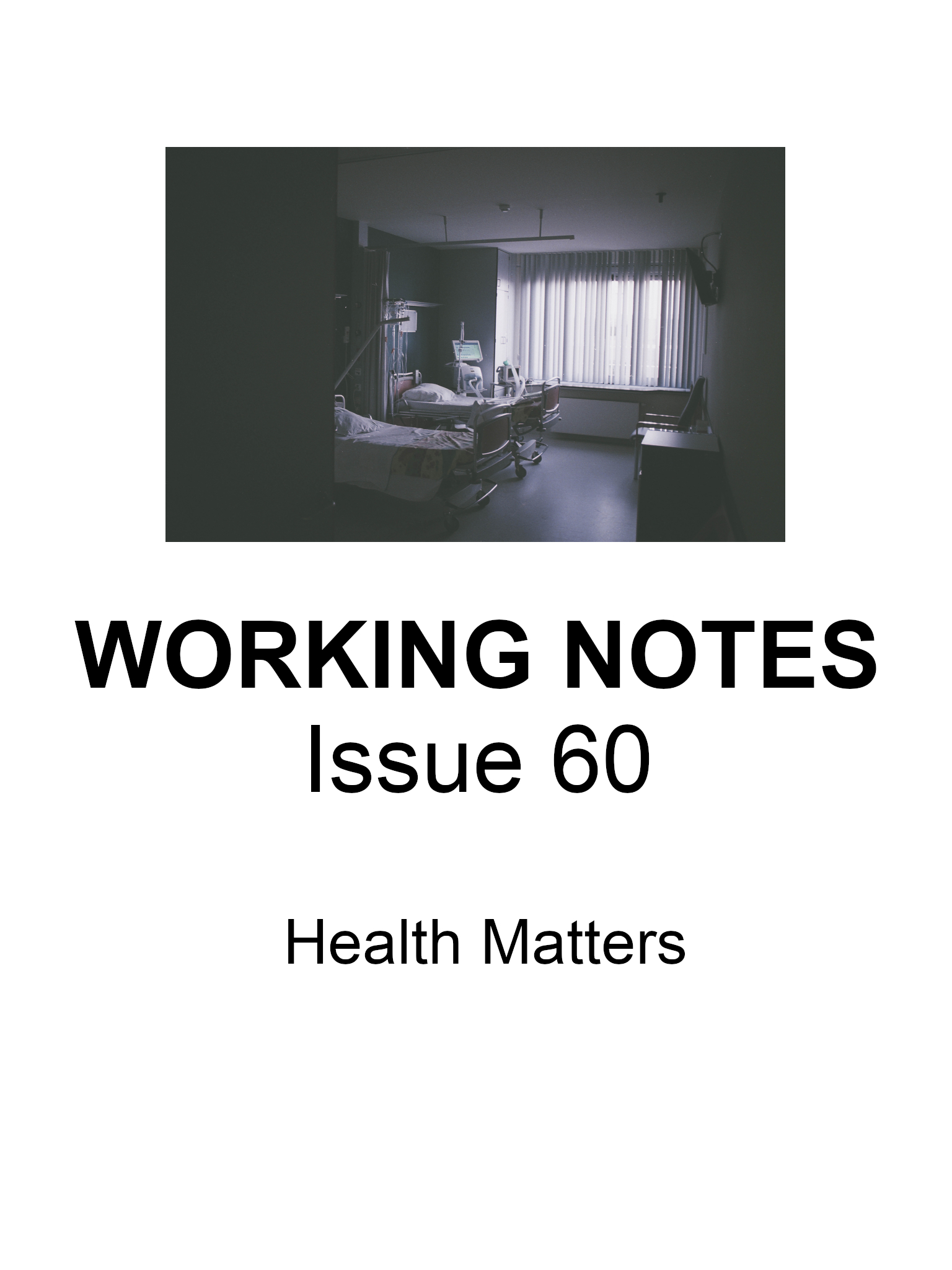
Working Notes – Issue 60 Editorial
In a context of intense focus on the economic and financial difficulties facing the country, the Irish health system remains one of the few issues capable of taking centre stage in media and public discussion. We now find ourselves faced with not just the kind of health service crises that have characterised the past two… Read more »


